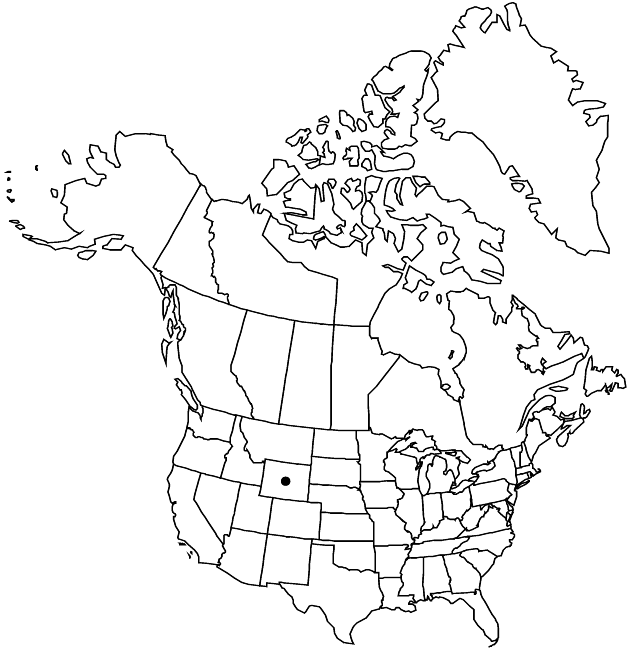Difference between revisions of "Symphyotrichum molle"
Phytologia 77: 286. 1995.
imported>Volume Importer |
imported>Volume Importer |
||
| Line 57: | Line 57: | ||
|publication year=1995 | |publication year=1995 | ||
|special status=Endemic | |special status=Endemic | ||
| − | |source xml=https:// | + | |source xml=https://bitbucket.org/aafc-mbb/fna-data-curation/src/2e0870ddd59836b60bcf96646a41e87ea5a5943a/coarse_grained_fna_xml/V19-20-21/V20_1195.xml |
|tribe=Asteraceae tribe Astereae | |tribe=Asteraceae tribe Astereae | ||
|genus=Symphyotrichum | |genus=Symphyotrichum | ||
Latest revision as of 19:59, 5 November 2020
Perennials, 30–60 cm, colonial; long-rhizomatous. Stems 1–5+, ascending to erect, densely puberulent to lanate, especially distally. Leaves thin, margins entire, apices acute, faces densely lanate-puberulent; basal often withering by flowering, subpetiolate, blades oblanceolate, 15–50 × 5–20 mm, bases cuneate, margins entire, apices acute, faces densely lanate; proximal cauline sessile or subpetiolate, blades oblanceolate, 50–150 × 10–25 mm, bases slightly clasping, rarely auriculate; distal sessile, blades lanceolate, 30–100 × 10–20 mm, reduced distally, bases tapered, ± auriculate, apices acute. Heads in corymbiform to paniculiform arrays, branches to 20 cm. Peduncles densely cinereous to lanate, bracts 0–3, lanceolate to narrowly ovate. Involucres campanulate, 7–9 mm. Phyllaries in 4–5(–6) series, squarrose, oblong to oblanceolate, unequal, bases of outer indurate less than 1/3, margins entire, green zones oblong-linear to oblanceolate, apices acute or obtuse (sometimes minutely mucronate), faces densely puberulent to lanate. Ray florets 20–35; corollas violet, laminae 12–20 × 1–2 mm. Disc florets 35–70; corollas yellow, 5–6.5 mm, lobes triangular, 0.5–1 mm. Cypselae brown, cylindric to obovoid, not compressed, 2.5–3.5 mm, 4–5-nerved, faces hairy; pappi whitish, 5–7 mm. 2n = 32.
Phenology: Flowering Aug.
Habitat: Dry montane meadows
Elevation: 2000–3000 m
Discussion
Symphyotrichum molle is known only from the Big Horn Mountains of Wyoming. Because of its densely hairy leaves, stems, and involucres, it was compared by its author with S. jessicae, a narrow endemic of southeastern Washington and adjacent Idaho.
Selected References
None.
